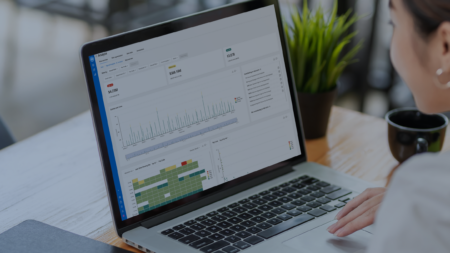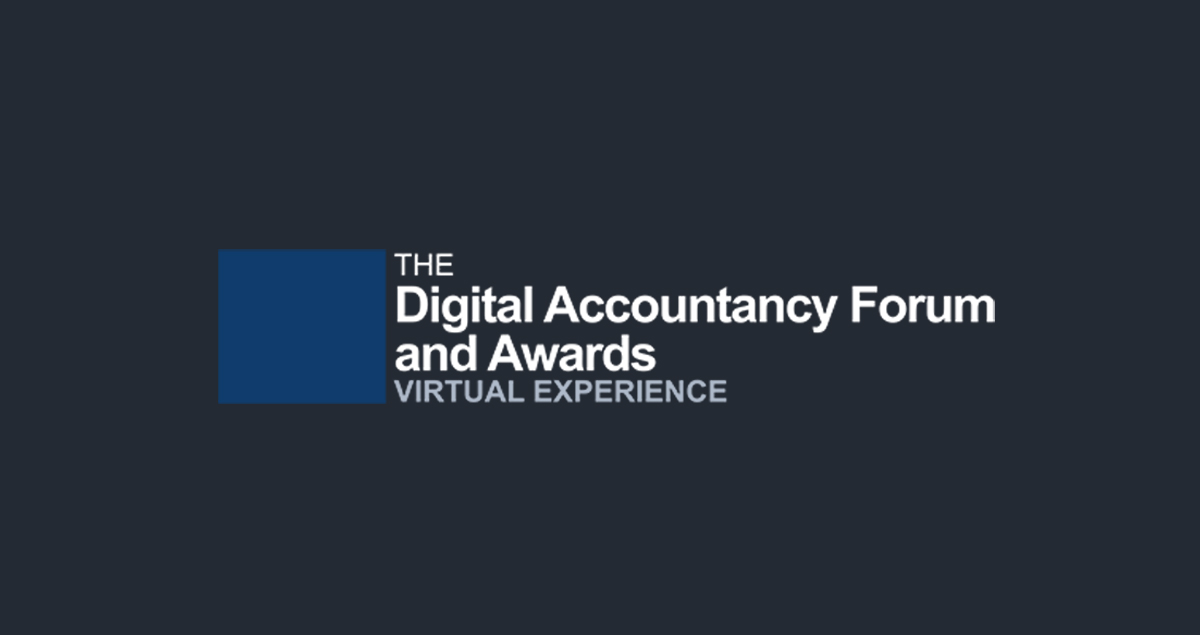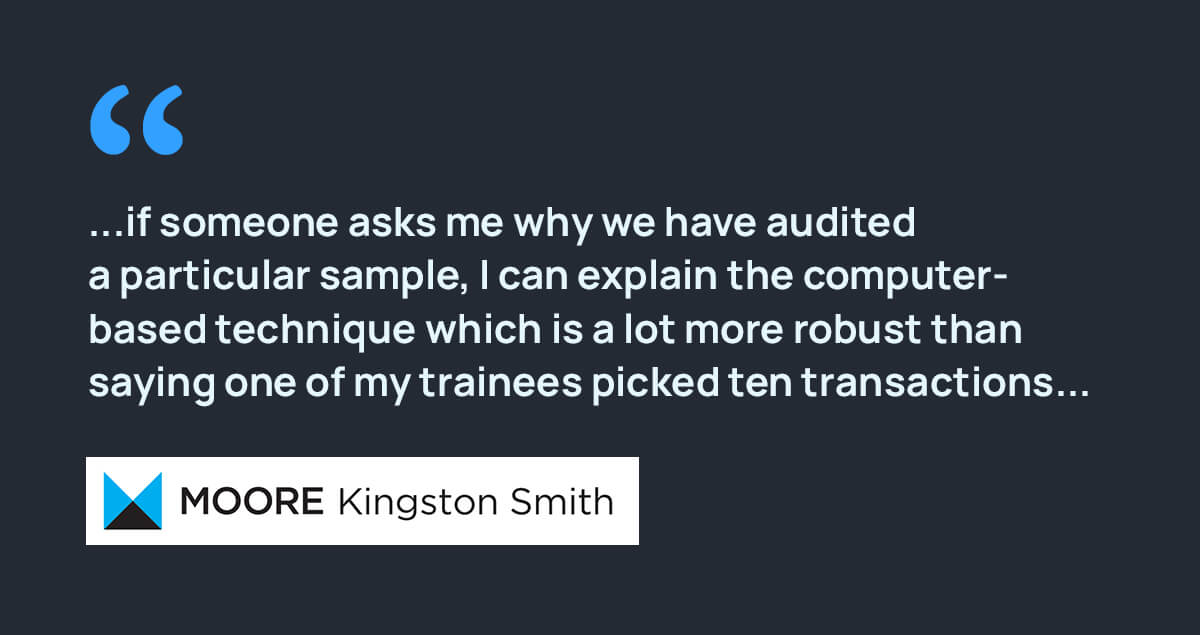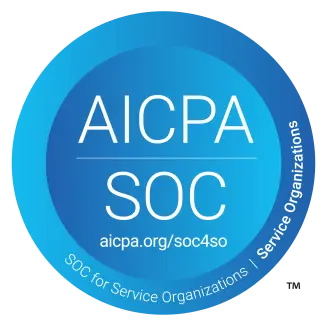Have you noticed that no one really calls it a “smartphone” anymore?
It’s just a phone.
The fact that it is “smart” is a given — it’s phone 1-0-1, it’s the least possible useable thingy (aka minimum viable product), it’s the baseline for customer experience.
No longer do phone users want to:
- Type words in full in an SMS
- Carry a phone AND a camera
- Have to sit at a desktop to scroll social media endlessly
- Read actual maps
- Sit and wait for anything without being able to check emails/Twitter/Facebook/latest news/ browse internet/just generally ignore the world around them….
Harshly, there’s a reason why non-smartphones are now referred to as “dumb phones”.
If I consider it appropriate for my 9-year-old to have a phone of any sort in the near future, it will most certainly be one of these “dumb phones”. In fact, it will be so dumb that she finds it SO boring that she’ll only use it for emergencies (fancy that!) and avoid phone trouble traps of selfies, text neck, and cyberbullying.
What’s this got to do with AI audit?
“AI auditing” is the new “auditing”.
We’re incredibly privileged to have advances in AI technology that are being democratized by companies for real-world applications NOW. As such, we won’t have “AI audit” and “AI auditors” for much longer — we’ll simply have auditors doing auditing where the assumption, the MVP, and the baseline expectation is that they are powered by artificial intelligence, to all the significant benefit of their clients, the profession, and themselves personally.
Why?
AI auditors…
…are more efficient
A well-planned audit is an efficient audit. AI audit can, for example, risk-rate 100% of the transactions in the general ledger and sub-ledgers to produce an aggregated risk profile of the data that makes up the business’ financial statements, facilitating laser-like focus on the areas that matter.
…deliver better audit quality
Audit is an essential source of public confidence in financial reporting and hence trust in business and the wider economy. AI audit enhances quality by allowing auditors greater certainty to relay to clients:
- That the financial statements are free from material misstatement
- Details of any material deficiencies detected so that they can be addressed
Rather than using risk assessment and data analytics processes to find the needle in the haystack, AI audit sets the haystack on fire to discover more needles with a fraction of the effort.
…add more value
AI-powered analytics within the audit process allow auditors to surface insights perhaps not available to clients from their internal systems. With the capacity created from more efficient planning and execution, AI auditors can feed these valuable insights back to their clients, creating client “stickiness” through real value provision.
…can diversify into new service offerings
Fast emerging in the world of audit is the concept of the “continuous audit” or “continuous risk management” as a service. Imagine a more periodic peace-of-mind, or sense-check or proactive fraud-risk indicator for business owners, CFOs, audit committees, boards, and CEOs alike. Brilliant in theory but generally difficult to deliver to market commercially without some very controlled and prescriptive process or automation. AI is the true enabler of these services to market broadly and commercially, leading to a more regular income stream for firms, tremendous value-add for clients, and more interesting and impactful work for auditors.
…have better margins
Just like all compliance activities in the accounting industry, the annual compliance audit is considered a “grudge purchase” by many clients. They know they need it but don’t really like enduring the process or let alone paying for it. This puts huge downward pressure on fees and creates what is known as “margin-squeeze”.
With a combination of a more human, client-centric process (enabled and amplified by great technology), more value delivered through deep business insights, and the enablement of more valuable periodic services (for example), AI audit helps clients shift towards recognizing the opportunity for continuous improvement and peace-of-mind around quality that the audit process brings. This mindset shift is essential for audit teams to successfully position fees that reflect the value of the service delivered now and into the future, and thus preserve commercial margins for their firms.
AI auditing is here to stay
Just like Apple did with the release of the first iPhone and Xero did with the introduction of the single ledger, both in 2007, today’s AI auditing will reset client expectations for audit across the industry. Supremely efficient, deeply analytical, highly valued, and wonderfully human-centric audit experiences will re-define the audit process and profession and ultimately re-define the notion of reasonable assurance.






